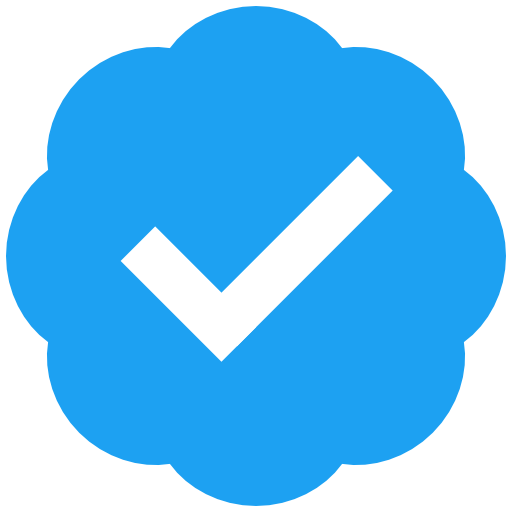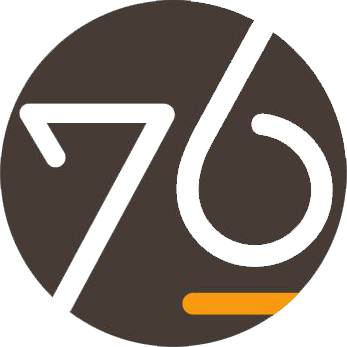Happy #WorldPasswordDay!
I've cracked billions of #passwords from tens of thousands of #data #breaches in the past 12+ years, and because of this, I likely know at least one #password for 90% of people on the Internet. And I'm not alone! While I primarily crack breached passwords for research purposes and the thrill of the sport, others are selling your breached passwords to criminals who leverage them in #AccountTakeover and #CredentialStuffing attacks.
How can you keep your accounts safe?
- Use a #PasswordManager! I recommend @bitwarden and @1password
- Use a #Diceware style #passphrase - four or more words selected at random - for passwords you have to commit to memory, like your master password!
- Enable MFA for important online accounts, including cloud-based password managers!
- Harden your master password by tweaking your password manager's KDF settings! For #Bitwarden, use Argon2id with 64MB memory, 3 iterations, 4 parallelism. For #1Password and other PBKDF2 based password managers, set the iteration count to at least 600,000.
- Use unique, randomly generated passwords for all your accounts! Use your password manager to generate random 14-16 character passwords for everything. Modern password cracking is heavily optimized for human-generated passwords, because humans are highly predictable. Randomness defeats this and forces attackers to resort to incremental brute force! There's no trick you can do to make a secure, uncrackable password on your own - your meat glob will only betray you.
- Use an ad blocker like #uBlock Origin to keep you safe from password-stealing #malware and other browser based threats!
- Don't fall for #phishing attacks and other social engineering attacks! Browser-based password managers help defend against phishing attacks because they'll never autofill your passwords on fake login pages. Think before you click, and never give your passwords to anyone, not even if they offer you chocolate or weed.
- #Enterprises: require ad blockers, invest in an enterprise password management solution, audit password manager logs to ensure employes aren't sharing passwords outside the org, implement a Fine Grained Password Policy that requires a minimum of 20 characters to encourage the use of long passphrases, implement a password filter to block commonly used password patterns and compromised passwords, disable #NTLM authentication and disable RC4 for #Kerberos, disable legacy broadcast protocols like LLMNR and NBT-NS, require mandatory #SMB signing, use Group Managed Service Accounts instead of shared passwords, monitor public data breaches for employee credentials, and crack your own passwords to audit the effectiveness of your password policy and user training!


 What the heck is a
What the heck is a 









 U-G-L-Y you ain't got no alibi, you ugly! (woot woot) you ugly!
U-G-L-Y you ain't got no alibi, you ugly! (woot woot) you ugly!  just another ugly
just another ugly 



